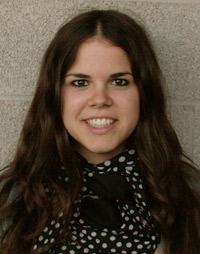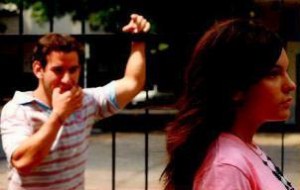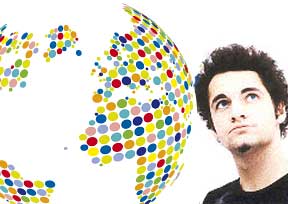You thought you were signing up for an English class and the teacher wants to persuade you to become a change maker. Could this be a way of coping with eco-anxiety? But are there any limits on what you can do in an educational setting?
Welcome to show number 310 of absolutely intercultural. My name’s Anne Fox and I’ve been talking to Harry Waters, a teacher in Spain about using English teaching to connect it with sustainability.
absolutely heroic
First I wanted to find out why Harry does that and then I asked him about the book, Activities for a Greener Mindset” which he wrote to share his ideas more widely with other teachers.
absolutely legal
It occurred to me that some of the activities Harry was proposing may not be received equally enthusiastically everywhere so let’s go, absolutely legal.
absolutely emotional
The reason I got in touch with Harry in the first place was that I had heard him talk about harnessing the power of emotion in his sustainability work. You may have heard that eco-anxiety is a thing but Harry interprets it much more widely than that so let’s go absolutely emotional.
So, are you using your anger for good? Are you a change maker and if so, where did that come from? If you want more ideas then I suggest looking through Harry’s book, Activities for a Greener Mindset: Integrating sustainable learning in the ELT classroom. There’s a free sample on the publisher’s website. Also don’t forget to check out the Climate Mental Health Network website. You can also leave us a comment here.
If you have a story to tell on this or any related topic then don’t hesitate to get in touch or leave a comment on our website where you can also listen to all our previous shows.
We are also on Apple podcasts and Spotify where you can give us a rating. And if you enjoyed the show, please like us on Facebook too.
Our next show will be coming to you, as usual, on the first Friday of next month, October 3rd.
Until then, stay tuned!
Produced by Anne Fox



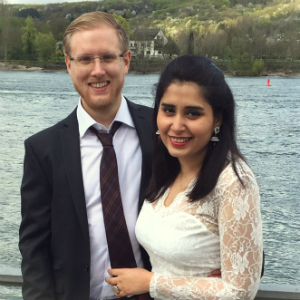
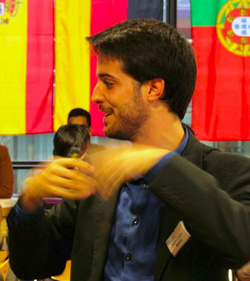 In today’s podcast we hear from Dennis Rayuschkin, a RheinAhrCampus student from Kazakhstan who tells us about his cultural backround and his integration efforts.
In today’s podcast we hear from Dennis Rayuschkin, a RheinAhrCampus student from Kazakhstan who tells us about his cultural backround and his integration efforts.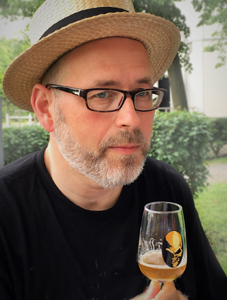 In today’s podcast we hear from people who are comparing their life styles in Germany with that in their home countries. However, we will also discuss different beer traditions with a Belgian who gives beer seminars in Germany.
In today’s podcast we hear from people who are comparing their life styles in Germany with that in their home countries. However, we will also discuss different beer traditions with a Belgian who gives beer seminars in Germany.
